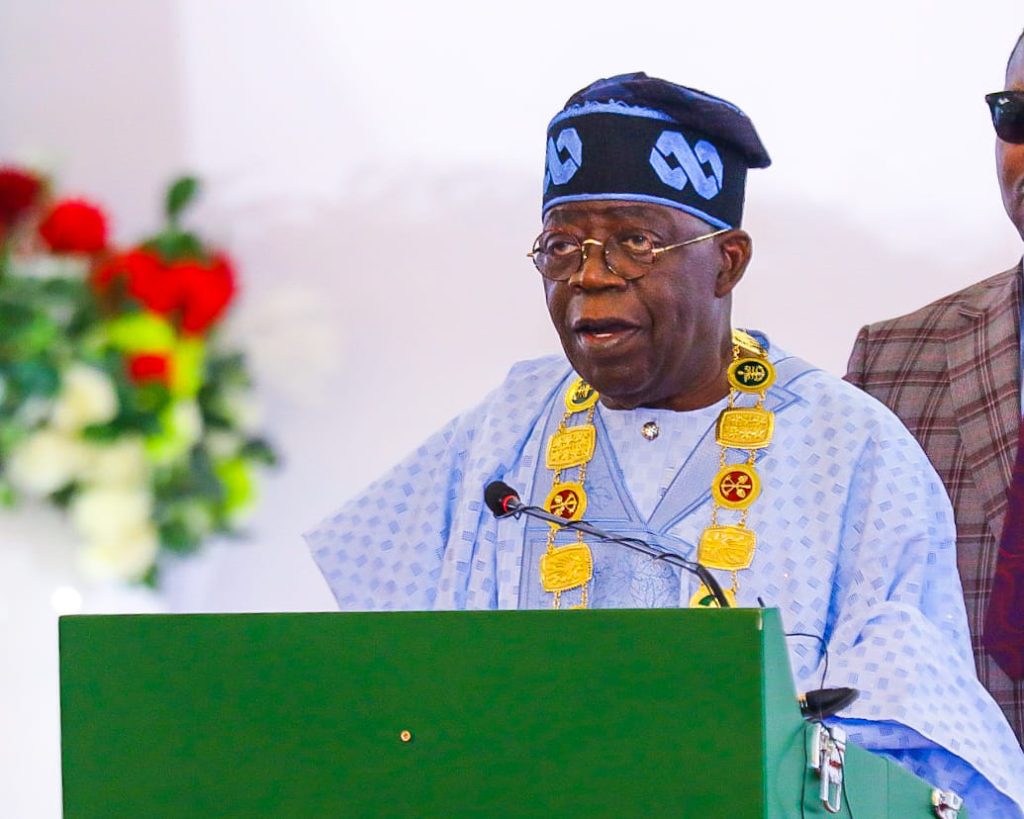Nigeria commemorated June 12 as Democracy Day, marking 26 years since civilian governance returned to the country. During this period, five presidents have led the nation through successive electoral cycles that reshaped leadership across federal and state levels.
Initially observed on May 29 to celebrate the inauguration of former President Olusegun Obasanjo in 1999, Democracy Day was shifted to June 12 by President Muhammadu Buhari in 2018. The change honoured the widely regarded free and fair election of June 12, 1993.
To mark this year’s celebration, President Bola Tinubu is expected to deliver a national address before a joint session of the National Assembly.
READ ALSO: Protesters mobilise as Tinubu marks democracy day at National Assembly
While various commemorative events are planned nationwide and in the Federal Capital Territory, the usual ceremonial parade will not take place this year.
Foreign Affairs Minister Yusuf Tuggar described the anniversary as a significant symbol of democratic progress in West Africa.
Through a statement issued by his aide, Alkasim Abdulkadir, Tuggar noted that Nigeria’s democratic development could serve as a guide for the region amid rising instability.
“Democracy is not just an internal affair. It is our strategic contribution to regional peace. Our progress strengthens the African democratic project as a whole,” he said.
Several governors echoed similar sentiments, urging citizens to safeguard democratic principles and acknowledge the strides made so far.
Niger State Governor Umaru Bago described June 12 as a powerful symbol of the people’s triumph over authoritarian rule.
In a statement by his Chief Press Secretary, Bologi Ibrahim, Bago emphasised that democracy had fostered openness in governance, healthy political competition, greater public engagement, and diverse perspectives in national discourse.
Governor Monday Okpebholo of Edo State encouraged citizens to take inspiration from the lessons of June 12 by recommitting to justice, unity, and democratic ideals.
“As we commemorate June 12, our Democracy Day, we are reminded of the strong resolve of Nigerians who, on that fateful day in 1993, spoke with one voice in favour of popular will,” Mr Okpebholo said.
“It is a day to honour the memory of Chief M.K.O. Abiola and all those who played significant roles in the struggle for the democracy we now cherish,” he added.
Kaduna State Governor Uba Sani also called for reflection and renewed dedication to democratic values.
“June 12 holds a special place in our national history. It marks a defining moment in our collective struggle for democracy and our continued journey toward building a free and just nation,” he said.
Suspended Rivers State Governor Siminalayi Fubara reaffirmed his administration’s commitment to inclusive governance, regardless of political differences.
He acknowledged that Rivers State’s democratic evolution had involved both victories and challenges, highlighting the importance of perseverance.
READ ALSO: Democracy Day: Afenifere backs 1963 constitution, state police
Meanwhile, civil society groups have begun protesting over what they describe as growing threats to Nigeria’s democracy.
One of the leading organisers, the Take It Back Movement, revealed that protests are planned in Abuja and 19 other states.



